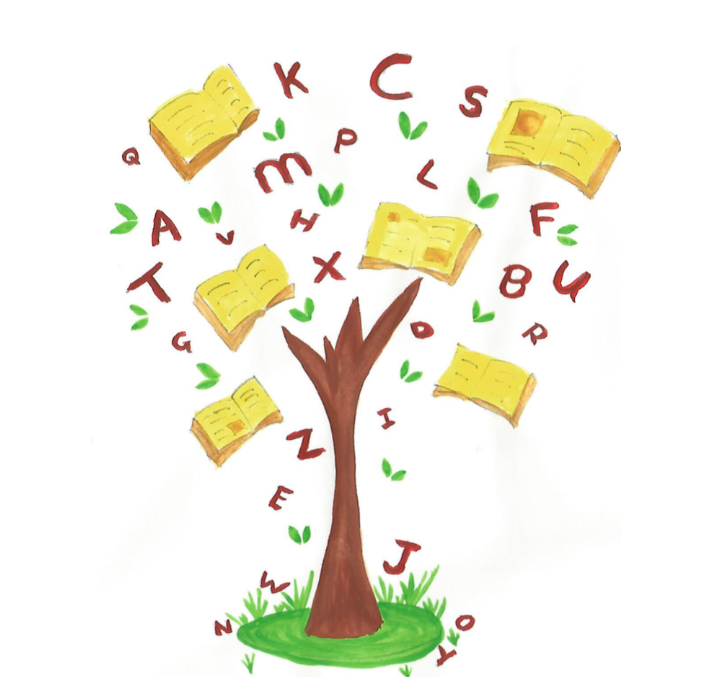9 Lessons I’ve learnt in 9 years as Speech & Language Therapist
This month marks 9 years since I graduated from UEA with a Bsc in Speech and Language Therapy!
9 years of notes, assessments, therapy sessions, supervision meetings, training courses, 100s (if not 1000+) of clients, 6 house moves (hello living in London in your 20s!), breakups, new relationships, laughter, tears and many, many brunches (again, hello London)!
I am at the stage now where things are shifting again, I am expanding - taking on therapy assistants to help deliver more, cost-effective therapy for families across South-West London.
Here are the 9 lessons that got me here…
You will have therapy sessions that go horribly wrong, but it won’t always feel so hard.
I had a parent ask me the other day “when was the last time you had a bad session?” the honest answer is that ‘bad sessions’ happen very infrequently these days. Although, to an outsider, a session may look ‘bad’, however to me it is simply an opportunity to learn and adapt. Of course as you develop across your career you improve your skills as a therapist but one of the main differences is mindset, confidence and the ability to be flexible and adapt at the drop of a hat!
It’s ok if it takes you a while to find a setting/ client group that feels like a good fit.
I almost gave up with speech therapy after struggling to find a setting and client group that felt like the right fit for me. So if this feels like you, hang in there! It might not be the profession that’s not working for you, perhaps it is just the role you are in at the moment.
Always be kind to admin assistants and receptionists - they are angels!
This is something people always tell you, and it’s so true! Assistant/ receptionist are often undervalued and under appreciated but they are the people who keep things running smoothly. Make time to show them that you value what they bring to the table.
Be careful to maintain boundaries.
Goodness this is a hard one! Depending on your personality type this may mean different things to you, but for me it’s about being careful about emotional involvement. Of course, to be effective we need to care, we need to have empathy and compassion but if we get caught up in all the emotions our clients are feeling it inhibits us from doing our job correctly. This of course doesn’t mean I am not immensely proud of my little learners when they achieve a goal, or that I don’t feel for parents when they receive a heavy diagnosis, I do. But it is important to maintain a little professional distance to ensure we can still show up for our clients as they need us to.
You will never stop learning and nor should you.
This is a requirement from the HCPC (our regulatory body, a bit like the General Medical Council). Regardless of this requirement, I would still choose to continue learning. Whether that is on a course, through conversations with colleagues, during supervision, or from reading the latest research - the more you know the more you realise you have to learn and it’s a joy to do so! I love it when I implement something new with a client and see an unexpected result - how wonderful it is to have expanded my repertoire of therapy techniques!
There is no better feeling than helping a child communicate.
Need I say more.
You have to meet people where they are at.
This is a lesson that took me a while to learn. Of course with the children I work with I have always meet them where they were at, supporting those tricky areas and championing their strengths. However it took me a while to adapt my thinking when it came to parents, teachers and other professionals. I couldn’t understand why we weren’t all on the same page from the start (if I’m honest - my page!) Now I recognise that we all have unique perspectives to bring and it is all about collaboration to ensure the best outcomes for all.
Taking time to build trust is not a waste of time.
This applies to everyone involved in a child’s therapy sphere! The child themselves, their parents, education professionals, physios, OTs. By spending that time building trust you put in an excellent foundation for therapy, it is not a waste of time!
You can’t pour from an empty cup.
Another hard lesson to learn. As therapists we are naturally givers and it can be hard to put the same energy into recharging our own batteries as supporting someone else to charge theirs. However, this is ESSENTIAL if you want to become and stay a competent therapist. Something I wish I learnt sooner!

